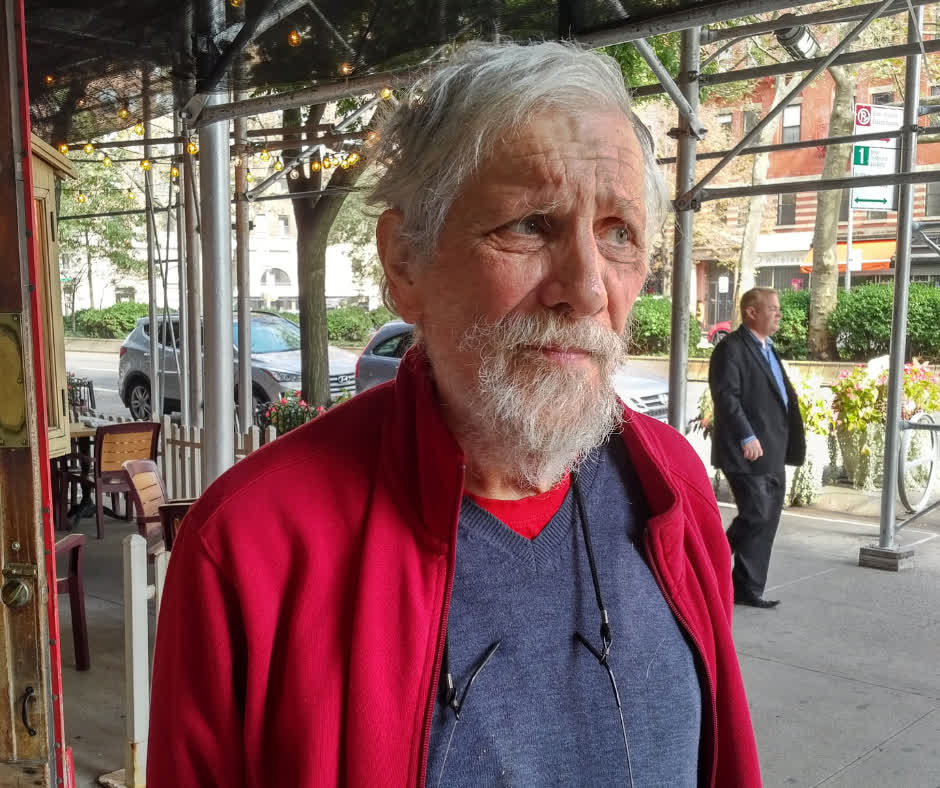NEW YORK — An Oct. 29 matinee performance of Guillaume Tell at the Metropolitan Opera was cut short and the production of L’Italiana in Algeri that evening was canceled as authorities investigated reports of a man sprinkling white powder into the orchestra pit. The man turned out to be Roger Kaiser, an opera buff visiting from Dallas, who was carrying out the last wishes of a deceased friend. The white powder was his friend’s ashes.
Ever since its creation in response to the terror attacks on Sept. 11, 2001, the U.S. Department of Homeland Security has been pushing its “see something, say something” campaign. What musicians with the Met’s orchestra saw was a well-dressed man reaching into a bag, sprinkling whitish powder near the conductor’s podium. Then he moved elsewhere, reached into the bag again, and sprinkled more powder before calmly walking away.
Not surprisingly, this created some concern, and the musicians said something. Both the NYPD’s Emergency Service and members of the Counterrorism Task Force responded, canceling the remainder of Guillaume Tell and, as the investigation continued, L’Italiana in Algeri as well out of fear that the white powder was anthrax or some other biological weapon. The 3,800-capacity Metropolitan Opera House at New York’s Lincoln Center was evacuated.
Investigators have since confirmed that the powder was most likely human ashes, and after following up on a number of leads, located Kaiser, who was visiting the city from his home in Dallas and staying at a local bed-and-breakfast.
Kaiser, 52, an avid fan of opera, had posted a selfie on Instagram with an apple on his head the week before traveling to New York in anticipation of attending Guillaume Tell. He had also hoped to return to the Met to see L’Italiana in Algeri, also composed by Rossini, later that evening.
It turns out that Kaiser’s visit to New York was the second trip the self-employed jeweler had made to fulfill the last wishes of a friend, whom Kaiser referred to as an “opera mentor.” He had also sprinkled ashes of his friend at an opera house in Colorado but that had gone unnoticed.
Although authorities note that Kaiser’s actions may be in violation of the city’s health code, which would make him subject to a fine, he is not likely to face jail time for his actions due to a lack of criminal intent. After consulting with police, the venue’s management opted against charging Kaiser with a crime. Productions resumed the next day.



